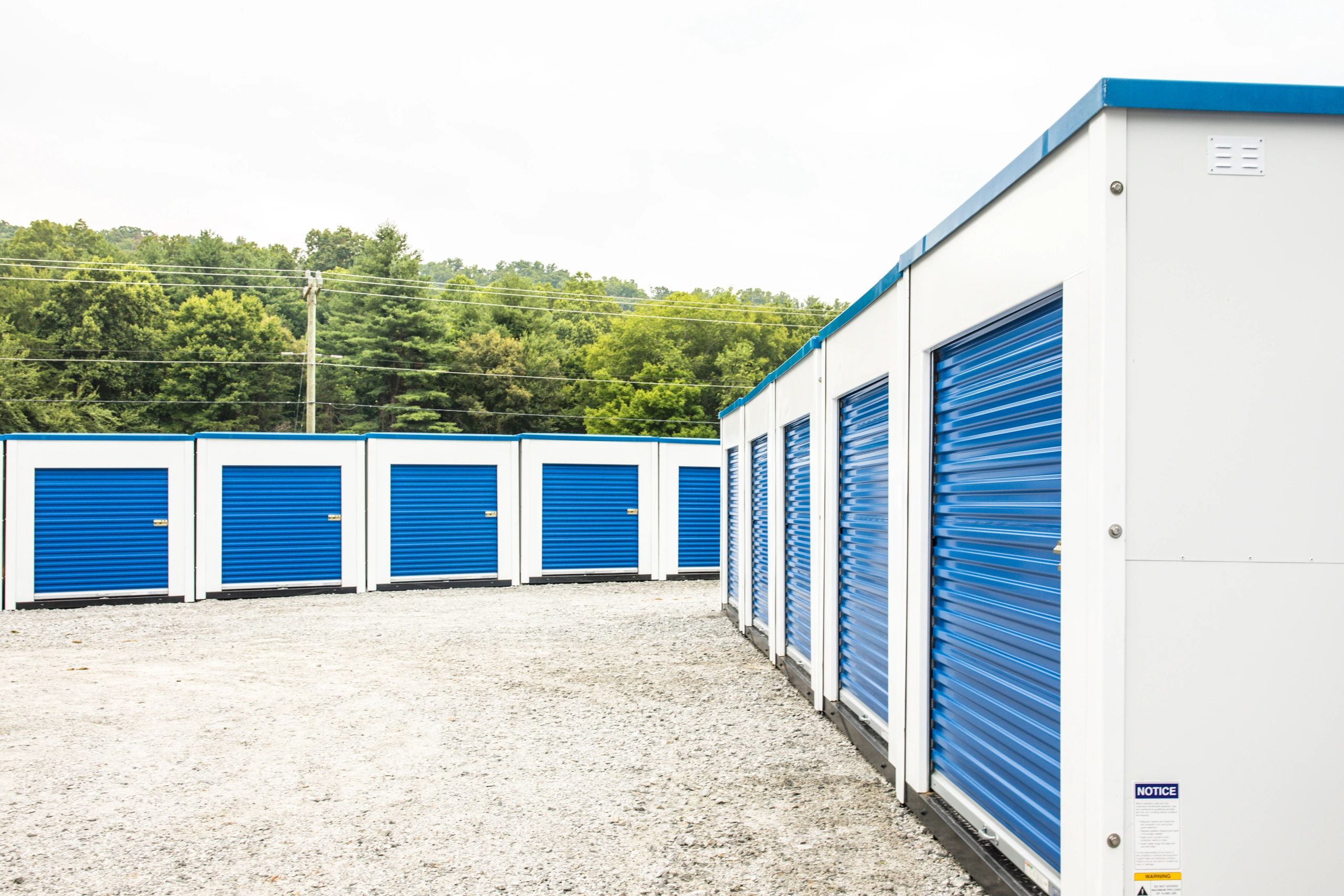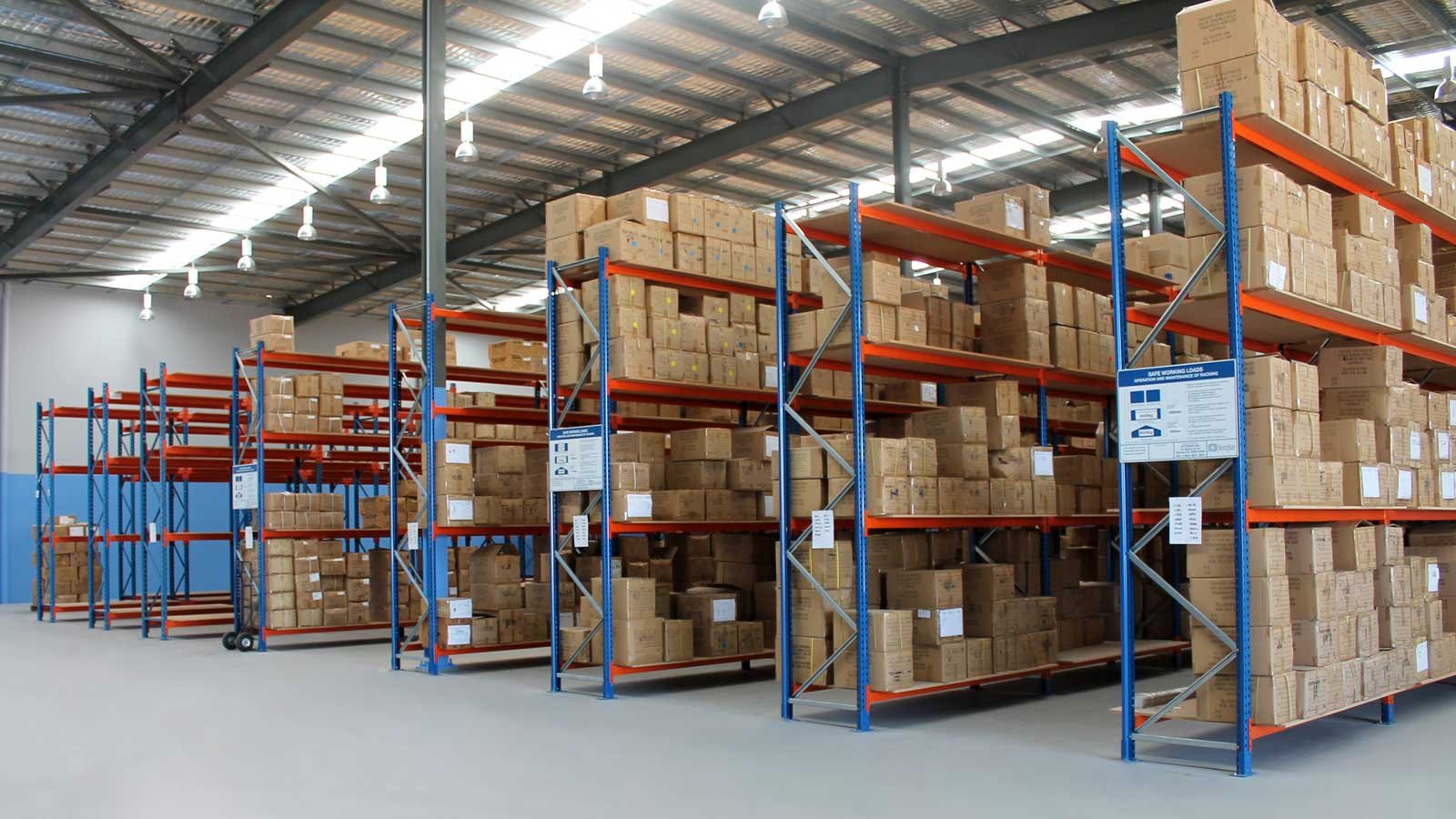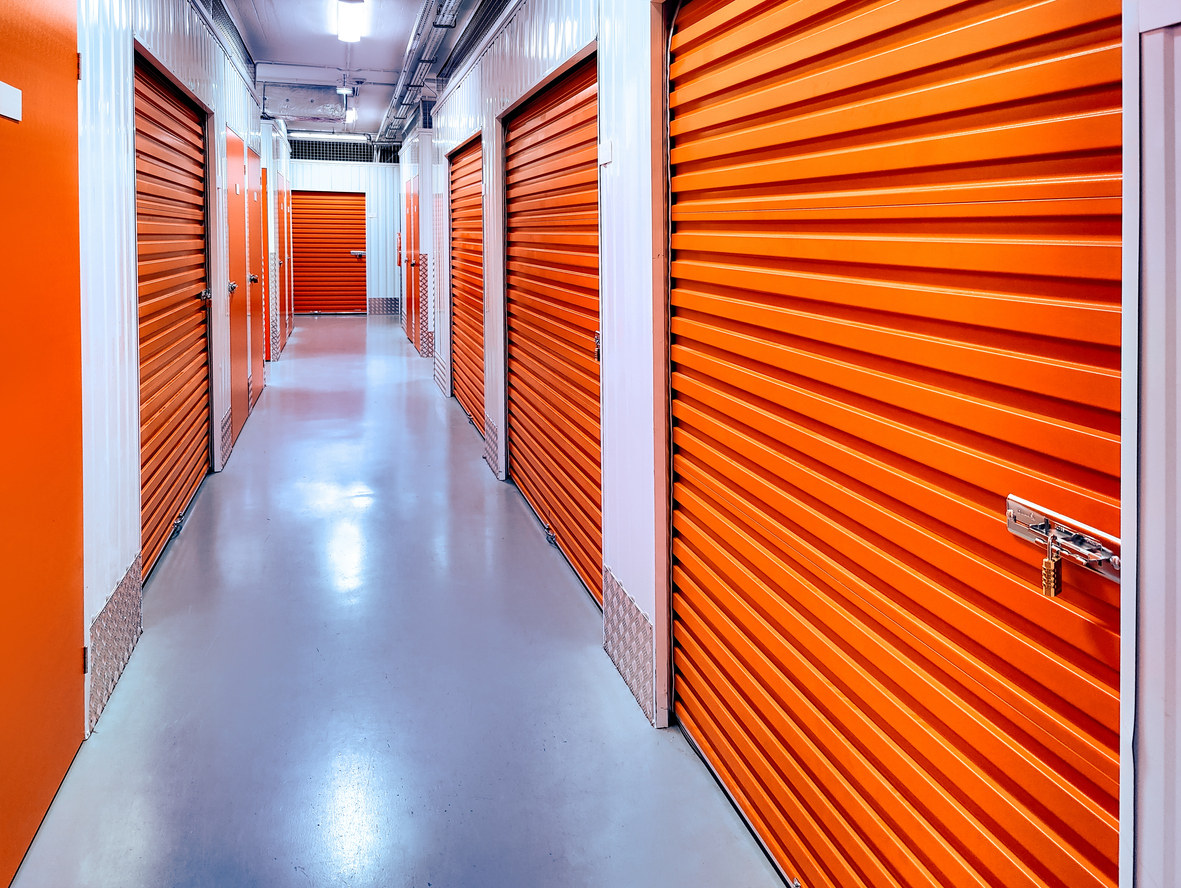Finding enough room for all your things, whether physical belongings or digital files, is a challenge many of us face every single day. It's almost like a constant, quiet struggle, isn't it? We gather more items, we create more documents, and before you know it, that precious space starts to disappear. This ongoing need for places to keep our stuff, both real and virtual, really shapes how we live and work, and it can sometimes feel like a bit of a competition for every last bit of room.
From the stuff in your garage to the emails piling up in your inbox, there's always something vying for a spot. It’s a very common experience, this hunt for more capacity, and it often leads people to look at various options. You might find yourself wondering about those big self-storage places, or maybe you're thinking about how much space you have left on your computer. It’s all part of the same big picture, that, is that, we just keep needing more room.
This quest for storage, you know, it has a lot of different faces. Sometimes it means renting a unit for furniture, and other times it means figuring out why your phone is telling you it's full. It's a rather universal concern, this business of keeping things organized and accessible, and it touches on everything from big companies offering services to the small everyday frustrations we all have with our gadgets. So, let's explore this idea of "storage wars storage wars" a little more deeply.
- Butterfly Cover Up Tattoo On Hand
- Kay Adams Hot Photos
- Jordan Matter Family
- 80s Polka Dot Dress
- Lebron James Mom Picture
Table of Contents
- The Battle for Physical Space - In Storage Wars Storage Wars
- Digital Storage - The Invisible Storage Wars Storage Wars
- What Happens When Your Digital Storage Is Full? A Storage Wars Story
- Why Do My Files Disappear in This Storage Wars Storage Wars Scenario?
- How Can I Manage My Digital Storage Better in This Ongoing Storage Wars Storage Wars?
- The Ever-Changing Landscape of Storage Wars Storage Wars
- Finding Your Way Through the Storage Wars Storage Wars Challenges
- Keeping Track of Your Storage in the Storage Wars Storage Wars
The Battle for Physical Space - In Storage Wars Storage Wars
When you think about places to keep your things, those big buildings filled with units often come to mind. Companies like Extra Space Storage, for instance, have a lot of locations, over four thousand facilities across many states. They provide places for people to keep their belongings when they just don't have enough room at home. You can often find units that are easy on your wallet, and they even let you rent online, which is pretty handy. This makes getting a unit a much simpler process, you know, rather than having to go in person every time.
Then there's Storage Sense, which also offers a similar kind of service. They let you rent space at their locations, and they say you get the lowest rates if you do it over the internet. It's interesting how these places often have deals, like getting your first month free or a big discount on certain units for a little while. This kind of offering, in a way, shows how much these businesses want your custom, making the decision of where to put your things a little easier on your pocket. It's like they're all competing for your stuff, which is kind of what you might call a "storage wars storage wars" situation for your belongings.
CubeSmart Self Storage is another big player in this field, with more than fifteen hundred places across the country. Each one of these storage facilities, you see, is often a bit different, offering various sizes and kinds of spaces. Some might have climate control, others might be just a simple room. It really depends on what people need in that particular area. These companies, like Extra Space Storage Inc. based in Salt Lake City, Utah, own or run a vast number of these properties. They are essentially providing solutions for a very common problem: where do I put all this stuff when my house is full? It's a basic need, really, for extra room.
Digital Storage - The Invisible Storage Wars Storage Wars
Beyond the physical boxes and furniture, there's a whole other kind of storage that we deal with every single day: digital space. Think about cloud storage, like what Google Cloud provides. This is where your photos, documents, and videos live not on your computer, but on big servers somewhere out there on the internet. It's a bit like having an endless, invisible room for all your digital creations. This type of storage has become incredibly important for how we keep our information safe and accessible, you know, from anywhere.
Many of us use services like OneDrive, which is connected to Microsoft. This is where your personal files often go if you have a Windows computer or use Microsoft 365. It's supposed to make it easy to see how much space you're using and how much you have left. The instructions often tell you to click on a menu, but sometimes, as people find, that menu option just isn't there. This can be a little frustrating, as a matter of fact, when you're trying to figure out your digital capacity. It’s part of the ongoing "storage wars storage wars" in your digital life, trying to keep track of what's where.
Then there are our email accounts, which also need space. Outlook, for example, is a common one. Suddenly, you might get a message saying your storage is full, and you can't send or get any emails. But then, when you go to check the storage management, it tells you it's not full at all! This can be really confusing, you know, when one part of the system says one thing and another says something else. It's a very common issue, this kind of mixed message about how much room you have for your messages. It’s a small, yet significant, battle in the personal "storage wars storage wars" of your daily online activities.
What Happens When Your Digital Storage Is Full? A Storage Wars Story
When your digital space runs out, things can get pretty annoying, pretty fast. Imagine you're trying to save an important document, and your computer just won't let you. Or you're trying to send an email, and it just sits there in your outbox, not going anywhere. This is a very real problem that many people face. It's like trying to put another item in a closet that's already packed to the ceiling. You just can't fit anything else in there. This immediate halt to your activities is often the first sign that you've hit a wall with your digital capacity, and it can be quite disruptive, really.
One common scenario involves external hard drives. Someone might get a new one, hoping to store lots of files, but then they can't get to anything on it. The computer keeps asking them to put in a disk, which makes no sense for a hard drive. This kind of issue can be incredibly perplexing, you know, when the technology doesn't behave the way you expect it to. It's a direct challenge in your personal "storage wars storage wars" when your tools aren't cooperating. You bought it for a purpose, and it's not doing what it should.
Another example is when your email account, like Hotmail or Outlook, gets frozen. This happened to someone's wife, where her account was showing 18 GB used out of a 15 GB limit. When this happens, you can't send or receive messages, which basically stops your communication. It's a pretty big deal, really, especially if you rely on email for work or staying in touch with people. This kind of sudden lockout highlights just how important it is to keep an eye on your digital limits, because otherwise, you're just stuck, unable to do what you need to do.
Why Do My Files Disappear in This Storage Wars Storage Wars Scenario?
It can be truly baffling when you're sure you've saved something, but then you can't find it anywhere. This feeling of lost data is something many people experience. For instance, someone might upload files using Bluetooth to their Windows 10 laptop. They understand that after the upload finishes, they're supposed to get a choice of where to put the files. But then, the files just aren't there, or they can't figure out where they went. It's a bit like putting something in a drawer and then forgetting which drawer it was, only digitally, and with more potential for panic, you know.
Sometimes, people try to fix these kinds of issues by changing default settings on their computer. They might go into the system settings, look for storage options, and try to switch where files are supposed to go by default. But even after doing this, the problem can still be there. This can be very frustrating, because you've followed the steps, and it just hasn't made a difference. It's a common feeling, this sense of hitting a wall when you're trying to solve a computer problem, especially when it comes to finding things.
Some people even try to edit program directories themselves, going into something called 'regedit'. This is a more advanced step, and as one person found out, trying to manually change things this way can sometimes cause more problems than it solves. It might even mess up the system further. This shows how complex managing digital space can be, and how a simple act of trying to locate a file can lead down a rather complicated path. It's a part of the hidden "storage wars storage wars" where your computer's inner workings are fighting against your efforts to organize.
How Can I Manage My Digital Storage Better in This Ongoing Storage Wars Storage Wars?
Keeping a good handle on your digital space is something that really helps avoid a lot of trouble. One important thing to remember is that your online storage limits can change. For example, if you have a OneDrive account and a subscription runs out or doesn't renew, your storage allowance might suddenly become much smaller. This can be quite a surprise, you know, especially if you were used to having a lot more room. It's like your digital closet suddenly shrinking, and you have to figure out what to do with all the stuff that no longer fits.
Checking your mailbox space regularly is another helpful practice. For services like Outlook.live.com, you can usually find a way to see how much space you've used and how much you have left. This helps you stay ahead of the problem before your inbox gets completely full and stops working. It's a bit like checking the fuel gauge in your car; you want to know how much you have before you run out. This simple act of checking can save you a lot of headaches later on, honestly.
For your computer's internal storage, like an SSD (Solid State Drive), it's a good idea to monitor it too. Someone had a Windows 11 HP laptop with a 256GB SSD that was almost full, even though they didn't think they had many files. It took them a while to even notice this was a problem. This shows that sometimes, things are taking up space without you even realizing it, like system files or temporary data. Keeping an eye on these things can help you understand where your space is going and prevent that sudden feeling of being out of room. It's all part of winning your personal "storage wars storage wars" against digital clutter.
The Ever-Changing Landscape of Storage Wars Storage Wars
The way we store things, both physical and digital, is always changing. It seems like there are new options popping up all the time, and the old ones are getting updated. For instance, the meaning of "storage" itself, you know, is simply a place for keeping things. But how we use that word in a sentence, and what it actually means for our daily lives, keeps getting more complex. It's not just about a shed in the backyard anymore; it's also about invisible clouds and tiny chips inside our devices. This ongoing shift means we always have to be a little bit aware of what's available and what might be coming next.
The companies that provide these services are also constantly adapting. They offer different kinds of deals, like those first-month-free offers or big discounts, to attract people. This competition among providers, you could say, makes it a bit of a "storage wars storage wars" for your business. They are always trying to give you a reason to choose them over someone else. This is good for us, the users, because it often means better prices or more convenient ways to access what we need. It means the options for keeping our stuff are always getting better, in some respects.
Even the problems we face with storage are changing. Years ago, a full hard drive was a big deal. Now, it might be a full cloud account or an email inbox that's reached its limit. The challenges are still about finding space, but the nature of that space has transformed. It's really interesting to see how technology shapes these basic human needs. This constant evolution means we're always learning new ways to manage our things, which is just part of living in this very connected world, you know.
Finding Your Way Through the Storage Wars Storage Wars Challenges
Dealing with storage issues can feel a little overwhelming at times, especially when you're trying to figure out why something isn't working. It's like a puzzle, where you have to put all the pieces together to understand what's going on. For example, when your external hard drive isn't letting you access files, and it keeps asking for a disk, that's a problem that needs some detective work. You might have to look up solutions online or ask someone for help. It's a common experience, this need to troubleshoot, and it shows how much we rely on these storage devices, honestly.
When it comes to digital files, knowing where things are supposed to go is key. If you're trying to find uploaded Bluetooth files on your Windows 10 laptop, and you remember being given a choice of folder, but now you can't locate them, that's a real head-scratcher. It means you have to retrace your steps or use search functions to try and track them down. This kind of situation highlights how important it is to pay attention to where you're saving things, even if it's just for a moment, because otherwise, they can just disappear into the digital ether, you know.
And then there are those moments when you try to fix a problem yourself, like changing default settings or editing program directories, and it just makes things worse. This can be really disheartening, especially when you're trying to be proactive. It teaches you that sometimes, it's better to seek out simpler solutions or get advice from someone who understands the deeper workings of the system. It's a learning curve for everyone, navigating these digital "storage wars storage wars," and sometimes, the best approach is to take it slow and ask for directions when you're feeling lost, basically.
Keeping Track of Your Storage in the Storage Wars Storage Wars
Staying on top of your storage, whether it's for your physical items or your digital data, really makes a difference in avoiding future headaches. Knowing how much space you have available and how much you're using is a very basic but powerful piece of information. For your computer, the Storage Management Console, for example, is a graphical interface that helps you manage all your computer's storage resources. It gives you a central spot to look at your storage spaces, which is pretty convenient, really. It’s like having a map for your digital land.
For online services, like checking your mailbox space on Outlook.live.com, it's about making a habit of looking at your consumption. You want to know the balance of your storage space so you don't get caught off guard by a full inbox. This proactive approach helps you manage your communication flow without interruption. It’s a bit like checking your bank balance; you want to know what you have so you can plan accordingly. This simple check can prevent a lot of frustration down the road, you know, when you really need to send or receive something important.
And for your personal devices, like a laptop with an SSD, being aware of how much space is left is also important. Even if you don't think you have many files, other things can fill up your drive. So, periodically checking your disk usage can help you identify if something unexpected is taking up room. This awareness allows you to take action, like deleting old files or moving things to external storage, before your device starts to slow down or refuse to save new items. It’s all about staying informed in your personal "storage wars storage wars," so you can keep things running smoothly and always have room for what matters.
- Least Paid Player In Nba
- Passion Fruit Pregnancy
- Questions To Ask Your Girlfriend
- Charlize Theron Net Worth
- How Old Are The Ninja Kidz Now


